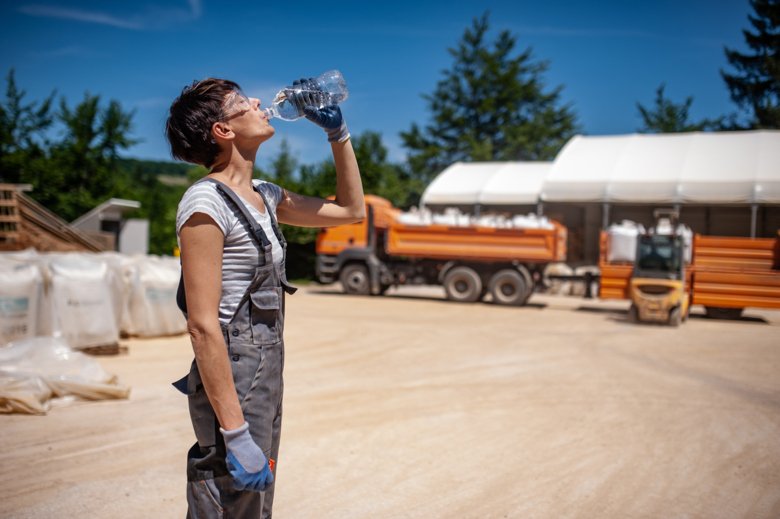Lectures and seminars KI Contributes - "Health effects of extreme heat – How can universities contribute?"

This autumn the Centre for Health Crisis is launching a new seminar series: ’KI Contributes’. The idea is to explore how KI already contributes, through research, education, and collaboration, to the strengthening of the surrounding society’s preparedness when it comes to health crises, The seminar series will be conducted through various formats. We also want to explore what we can do better and include other people’s points of view on what universities like KI can do differently or do more of
On Friday the 23rd of September we start off with the first seminar, titled Health effects of extreme heat – How can universities contribute? It will be an interactive panel conversation moderated by the director of the Centre for Health Crises, Johan von Schreeb. We will allow for plenty of time for questions from the audience. We will take care to make sure the seminars focus on dialogue and hope the participants will be engaged and active!
Participants:
Petter Ljungman a cardiologist at Danderyd Hospital and associate professor of epidemiology at the Institute for Environmental Medicine at KI. His research concerns how various environmental factors, such as temperature, pollution, noise, and green spaces, affect the risk of death and illness in cardiac and other chronic diseases. Petter will begin the seminar with an overview of the health effects of extreme heat.
Annika Östman Wernerson is the Academic Vice President for Higher Education at KI and professor of kidney and transplant science. Her research is done in collaboration with local researchers in Central America, Sri Lanka, and India, where studies are conducted on patients with a relatively newly discovered kidney disease. The cause of the disease is not yet known, but the main hypothesis is that it is a repeated kidney injury due to heat exposure and dehydration. The disease often affects for example young sugar cane plantation workers in Central America.
Ida Knutsson is an investigator in environmental health at the Swedish Public Health Agency. Ida’s areas of responsibility include the impact of climate on health equality, and she is Sweden’s representative to the WHO’'s task force Health in Climate change (HIC).
Clara Brune is a medical student at KI and vice chair for external affairs at IFMSA-Sweden (International Federation of Medical Students, Sweden branch). She is also the project manager for the campaign ”Vår hälsa brinner” (Our Health is on Fire), which is currently run by IFMSA Sweden.
Get a taste of the theme in this interview with Petter Ljungman, where he talks about extreme heat and how academia can contribute to societies' ability to better prevent and handle periods of heat and high temperatures (in Swedish).
The seminar is held at KI Campus Solna 2-3:30 pm in the room Nils Ringertz in Biomedicum. Participation is only in person, not online, and the seminar is held in English.
Registration is done via this link: https://survey.ki.se/kicontributes1– register right away to get all the updates!
Please feel free to share this with your network and invite people who you think might be interested in the topic.
